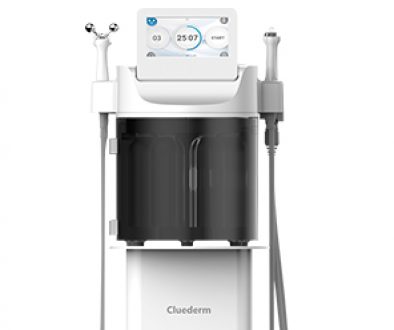
COVID Vaccine Facts
If you are still unsure to get vaccinated against COVID, here you can find some facts about the vaccine.
Is the vaccine safe?
COVID-19 vaccines needed to be rolled out quickly, but that does not mean safety was compromised. The Pfizer vaccine we are using in New Zealand is held to the same high safety standards as any other medicine.
COVID-19 vaccines are the most well-studied vaccines ever made. Nearly 50% of the world’s population have had a COVID-19 vaccine, and more than 3 million people in Aotearoa have had their first Pfizer vaccine. This means we have lots of data to show the Pfizer vaccine has been thoroughly assessed for safety.
How was the vaccine created so quickly?
There are many reasons COVID-19 vaccines were able to be made quickly.Scientists had a head start because of all the research already carried out on related viruses.
- Governments, private companies and funding agencies have spent a lot of money. This means more could be done in a short space of time.
- Researchers and governments from different countries shared information and worked together.
- More people than usual volunteered for clinical trials. Some clinical trials were done at the same time, instead of one after another.
- Large manufacturing plants were built so more vaccines can be made faster than was possible before.
- Researchers could show the vaccine worked sooner than usual, because there are so many cases of COVID-19.
Is it safe if you are pregnant or breastfeeding?
If you are pregnant
If you catch COVID-19 when you are pregnant, you are more likely to become very unwell — so it is a good idea to get vaccinated.
Millions of pregnant people have been vaccinated around the world. Data shows no evidence that the vaccine is associated with an increased risk of miscarriage during pregnancy, and no additional safety concerns have been raised.
The vaccine protects you as you are far less likely to fall seriously ill. It also protects your baby as there is evidence that babies can get antibodies through the placenta that help protect them from COVID-19.
The Pfizer vaccine does not contain a live virus or any ingredients that are harmful to pregnant people or their babies.
If you are breastfeeding
Studies show there are no additional safety concerns or issues with continuing to breastfeed after vaccination.
Breastfeeding supports the development of a healthy immune system, and if you are vaccinated against COVID-19, there is evidence that you can provide extra protection for your baby through antibodies in your breastmilk.
Can the vaccine affect fertility?
No, the Pfizer vaccine will not affect your genes or fertility.
The mRNA from the vaccine does not enter the nucleus of any cells, which is where your DNA is.
Is it safe if you have a health condition?
The Pfizer vaccine has been thoroughly assessed for safety for people with underlying health conditions.
You are strongly encouraged to get vaccinated if you have a condition like cancer, diabetes, kidney disease or heart disease. This is because if you catch COVID-19, you are more likely to get seriously ill and end up in hospital.
You cannot get the Pfizer vaccine if you have had a severe allergic reaction (anaphylaxis) to an ingredient in the vaccine.
If you have any questions or concerns, talk to your doctor before getting vaccinated.
Can I get the vaccine if I am sick?
If you are unwell on the day of your appointment, you will need to reschedule it. You can be vaccinated once you are well again.
If you have symptoms of COVID-19, get a test and stay at home until you get your results. You can be vaccinated once you have a negative test.
Please see here for more information about COVID updates at LEXINIC.
Reference: https://covid19.govt.nz
Get in Touch
We want to hear from you!
We’re always happy to answer any questions you may have about our treatments. Enter your details in our contact form and we will respond as soon as possible.
If you would like to speak with someone directly, we’re more than happy to have a chat to answer any inquiry you may have. Please call us to get in touch.



